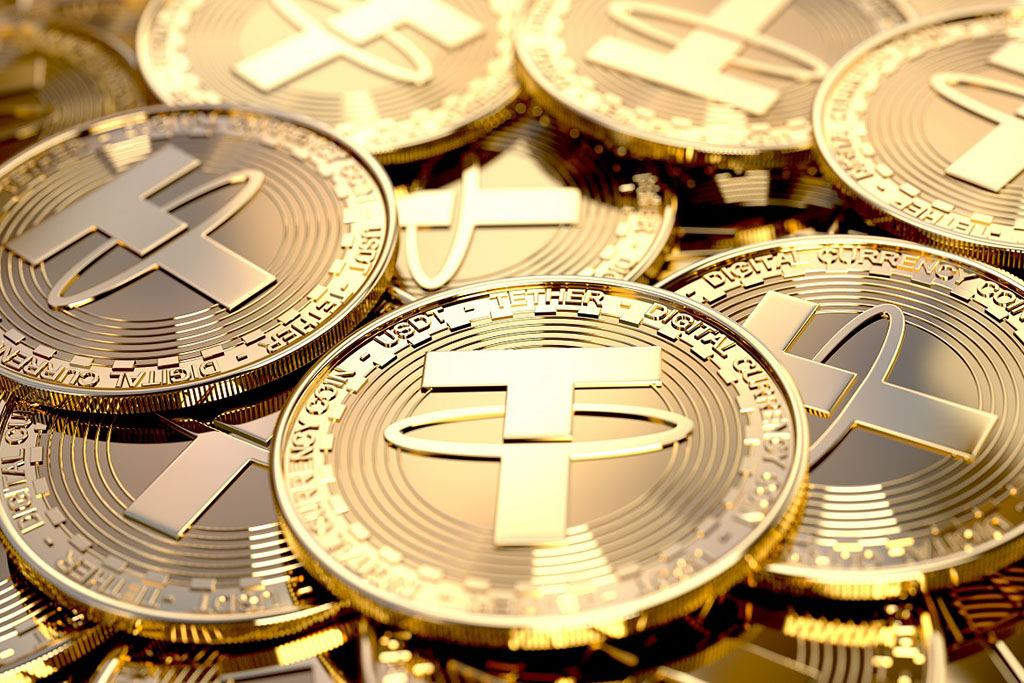Coinspeaker
UK High Court Declares USDT Form of Property in Landmark Ruling
In a historic ruling on September 12, the UK High Court officially recognized Tether USDT $1.00 24h volatility: 0.0% Market cap: $118.23 B Vol. 24h: $41.20 B as a form of property under English law. This marks the first full trial in the UK that has addressed the legal status of cryptocurrency, setting a significant precedent for how digital assets will be treated within the country’s legal framework.
The case was brought forward by a fraud victim whose stolen digital assets, including USDT, were laundered through crypto mixers to obscure their origins before being transferred to various exchanges, including Bitkub, in February 2022. In a bid to recover the stolen assets, the victim brought the case before the UK courts, raising the question of whether the stablecoin could be classified as property and, therefore, be legally recoverable.
Judge’s Ruling on USDT as Property
During the court proceedings, Deputy Judge Richard Farnhill ruled that Tether’s USDT is indeed considered “property” under English law.
He explained that USDT represents “a distinct form of property not based on an underlying legal right”. This distinction is crucial as it confirms that cryptocurrencies like USDT can be treated as property under the law, allowing them to be subject to legal claims similar to traditional assets.
The judge further stated that digital assets, such as USDT, can be traced and held in trust, which opens the door for victims of fraud to potentially recover stolen cryptocurrency.
This decision represents a significant step in the ongoing development of the legal framework for digital currencies in the UK. Although earlier rulings, including one in 2019, acknowledged cryptocurrencies as property, this marks the first instance where a full trial has solidified their status.
The ruling also aligns with the 2023 report from the England and Wales Law Commission, which recommended that digital assets, including cryptocurrencies, be formally recognized as property under UK law.
Challenges in Asset Recovery
Despite the landmark ruling affirming that USDT is property, the court could not validate the plaintiff’s claim that Bitkub had actually received the stolen digital assets after they passed through crypto mixers.
As a result, the court concluded that Fabrizio D’Aloia, the victim who filed the case in the Business and Property Courts of England and Wales, could not recover the stolen assets, which included 400,000 USDT – of which 46,291 USDT belonged to him.
Meanwhile, the High Court’s decision came just one day after the UK government introduced new legislation aimed at providing greater legal clarity for digital assets. This proposed law, revealed on September 11, will officially recognize cryptocurrencies like Bitcoin BTC $57 892 24h volatility: -0.3% Market cap: $1.14 T Vol. 24h: $27.62 B and Ethereum ETH $2 357 24h volatility: 0.4% Market cap: $283.38 B Vol. 24h: $10.16 B , non-fungible tokens (NFTs), and carbon credits as “personal property” under existing UK laws.
The bill also defines digital assets as “things” under the law, a move expected to boost confidence among investors and businesses operating within the crypto space.
UK High Court Declares USDT Form of Property in Landmark Ruling





